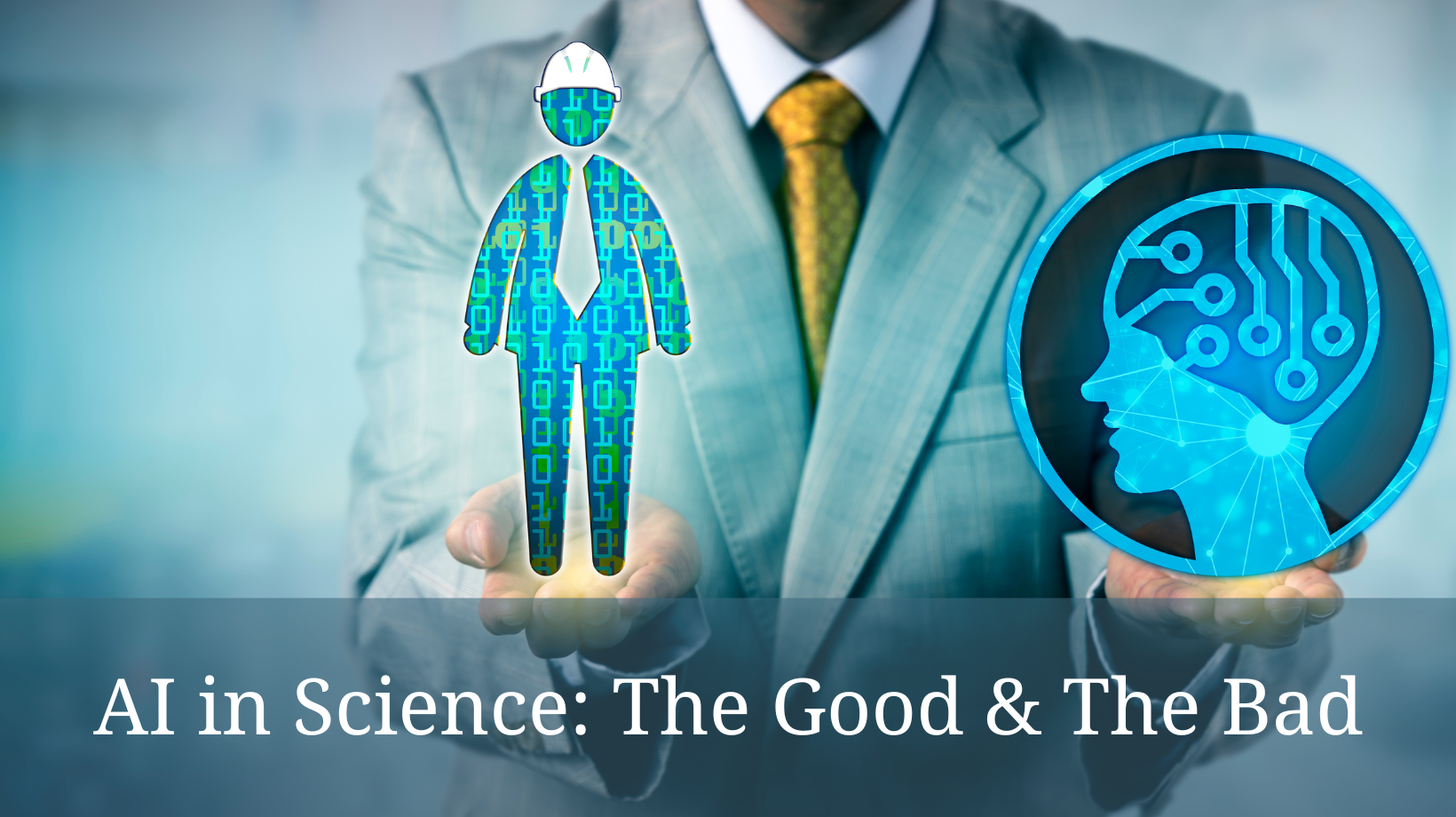Big Data and Data Analytics
Big data is an umbrella term for any or all larger data sets for any data processing tool. It plays an essential role in transforming a business because it holds the solutions to many business problems. Many of the recent technological innovations aimed to solve issues associated with data storage. Almost all technological and service-based companies base their operations on the data they collect. Proper analysis of the collected data can be a profitable idea as big data, by definition, contains a range of information.
Big data has variety, volume, velocity, value, and veracity. The key to leveraging its full potential is to unlock its value, where data analytics steps in. Big data, combined with appropriate analytical tools, can help any customer-oriented company understand customer usage patterns and demand. The analyses can guide product development if the right data set is analyzed to predict customer preferences.
The feedback received from customers can change the customer experience for the better. The reviews on social media, mobile applications, websites, and surveys are all sources of feedback for data analysis. The collection and analysis can enhance the personal experience of each customer. They can receive personalized recommendations, deals, and discounts.
The analysis of data from processes can provide insights that can drastically enhance the efficiency of the entire system. The requirement is easy to predict based on demand, time taken, and feedback. This allows businesses to keep track of their stock and if they are overprepared or underprepared for the upcoming trends.
The capability of big data analytics is getting traction as more business leaders start to comprehend its necessity. The revenue from business analytics and big data has increased considerably.
Big Data Analytics and RPA
RPA is no longer your simple automation tool. Paired with big data and data analytics, RPA can collect relevant data to arrive at suitable solutions to business problems. Relevant data is key to the process as specific business problems can be solved with only certain information. When a process is performed manually, the power to recognize and store data is lost, at least to an extent. That is why automating processes comes with the added benefit of minimizing inaccuracies, reducing costs, and enhancing efficiency.
RPA is the right choice for data aggregation because it automates and digitizes data. No better source fully understands and processes and stores it. The data from RPA can drive change from identifying processes to recognizing where improvements are needed. Focusing on big data and RPA and empowering them with powerful analytical tools like Machine Learning (ML), Process Mining, and Process Simulations simulations is a great step toward efficient problem-solving through automation. RPA can effortlessly build a system where data is clean and structured. Analytics tools like machine learning can ingest the data and recommend strategies to optimize processes that use the data.
































